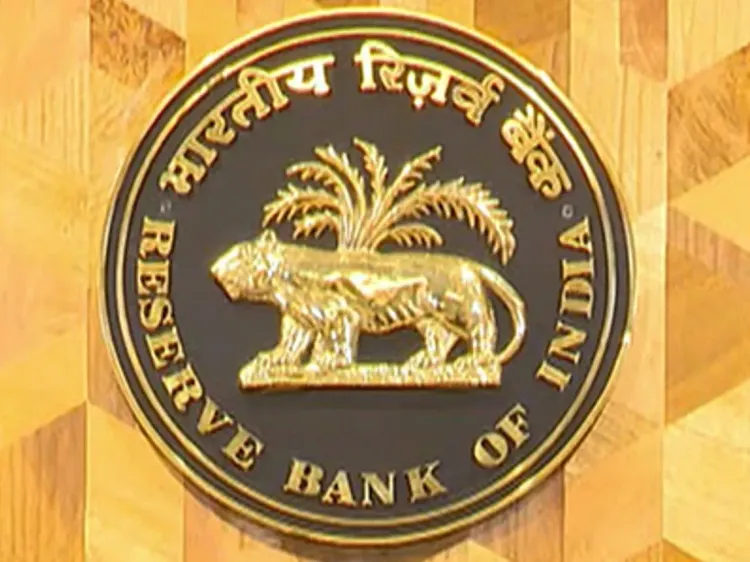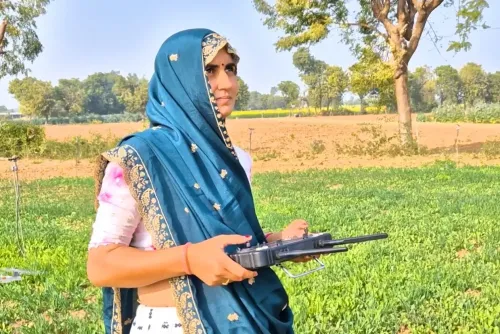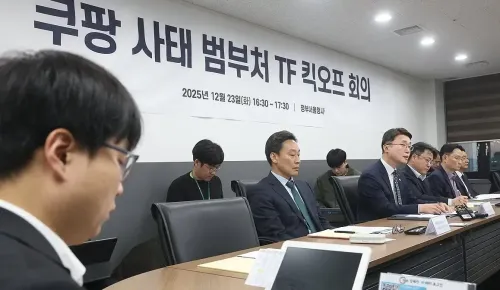Why Did RBI Cancel the Licence of Karwar Urban Co-operative Bank?

Synopsis
Key Takeaways
- The RBI has revoked the licence of Karwar Urban Co-operative Bank due to financial instability.
- The bank will cease operations from July 23, 2025.
- Depositors are entitled to insurance claims from DICGC.
- 92.90% of depositors can expect to receive their full deposits.
- The move is aimed at protecting public interest.
Mumbai, July 23 (NationPress) The Reserve Bank of India (RBI) revealed on Wednesday that it has revoked the licence of The Karwar Urban Co-operative Bank Ltd located in Karnataka due to insufficient capital and earning potential.
As a result, the bank will no longer engage in banking operations, effective from the end of business on July 23, 2025.
According to the RBI directive, The Karwar Urban Co-operative Bank Ltd., Karwar, is barred from performing ‘banking’ activities, which includes, among other things, the acceptance and repayment of deposits with immediate effect.
The Registrar of Cooperative Societies, Karnataka, has also been instructed to initiate winding up proceedings for the bank and appoint a liquidator, as stated in the RBI announcement.
The RBI indicated that the licence was revoked because the Karwar Urban Co-operative Bank lacks sufficient capital and earning potential, failing to meet the standards set by the Banking Regulation Act.
Continuing the bank's operations poses a risk to the interests of its depositors, according to the RBI.
“Given its current financial status, the bank would not be able to fully reimburse its depositors; allowing it to continue operating would negatively impact public interest,” the RBI statement elaborated.
Upon liquidation, each depositor will be eligible to receive an insurance claim for their deposits up to a limit of Rs 5,00,000 from the Deposit Insurance and Credit Guarantee Corporation (DICGC), in accordance with the DICGC Act, 1961.
According to the bank's data, 92.90% of depositors are set to receive the complete amount of their deposits from DICGC. As of June 30, 2025, DICGC has disbursed Rs 37.79 crore of the total insured deposits as per Section 18A of the DICGC Act, 1961, based on the requests from the bank's depositors, the RBI statement concluded.










